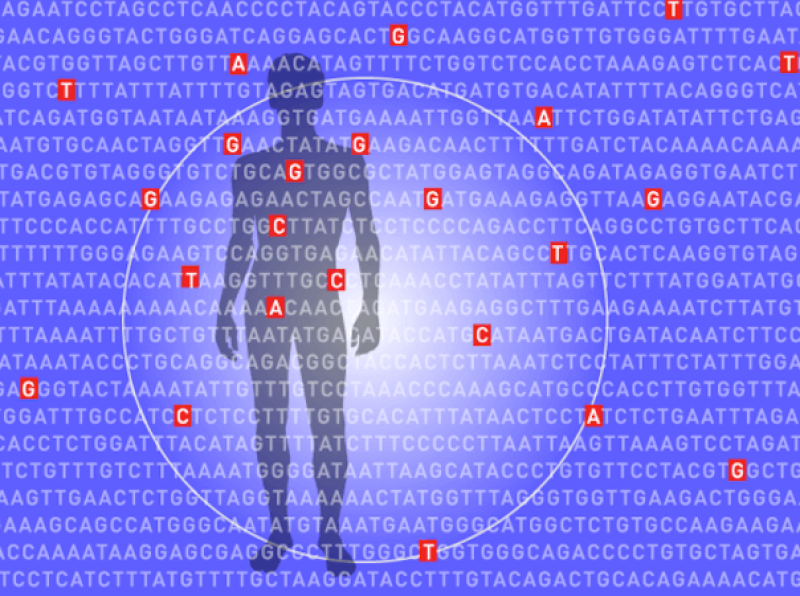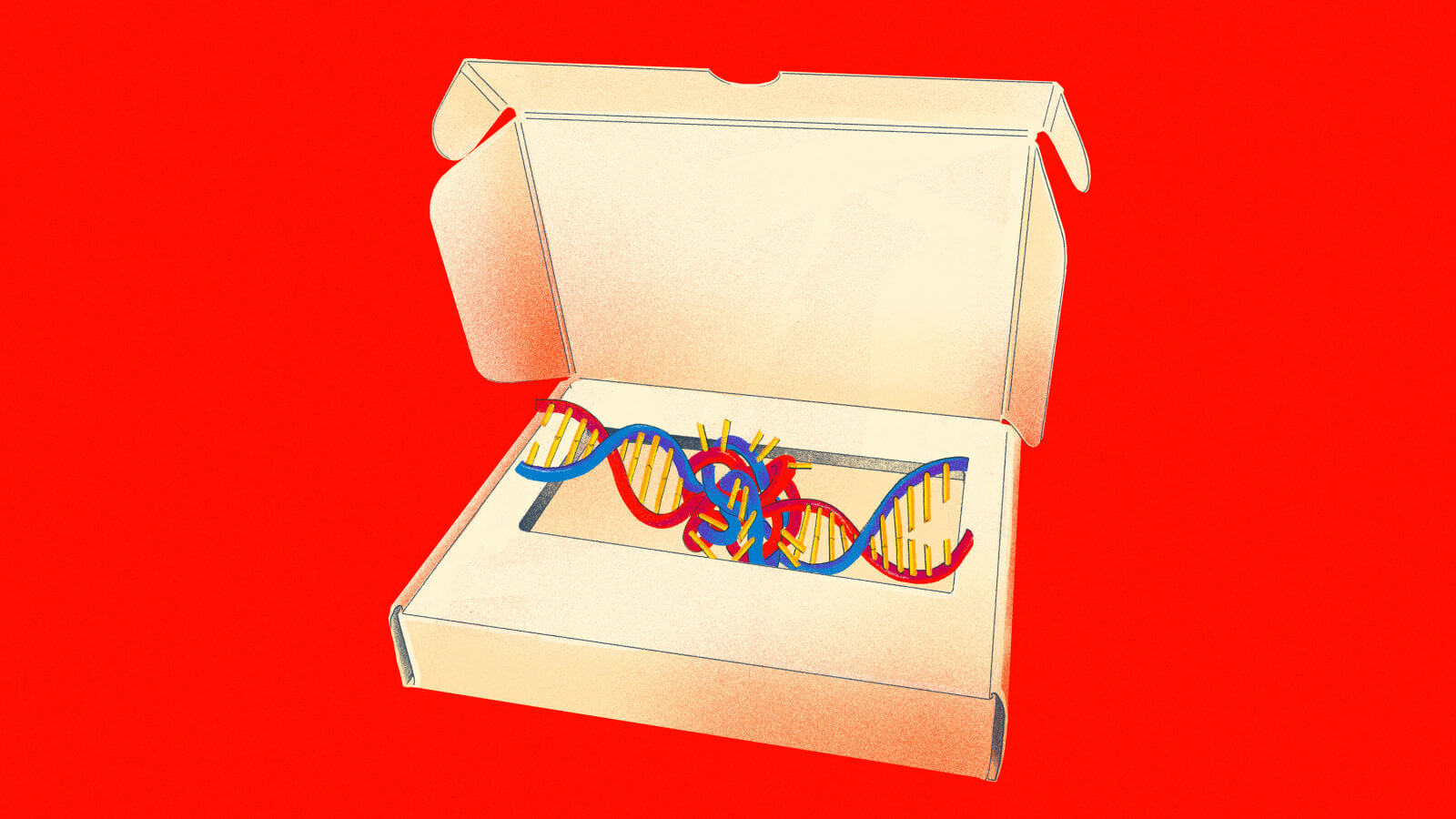These types of stories were echoed in our own social networks and prompted us to consider just how widespread the phenomenon may be. So we decided to examine the issue in greater detail, through a study by our team at the University of British Columbia’s Centre for Health and Coping Studies. Given the relative ease at which one can purchase a genetic test, and the sheer amount of information returned to the consumer, our team expects the results of these tests to have an important impact on a significant proportion of adults.
The widespread availability and popularity of direct-to-consumer genetic testing highlights the need to examine people’s motivations for testing, as well as the implications for both the individual who undergoes testing and members of their immediate and distant family. Given the initial evidence for both the profound delight and connection that the tests can bring, as well as the significant distress they can sometimes engender for individuals and their families, our team was motivated to embark on a project to examine the impact of receiving such test results.
We are examining first what people expect to learn, including their reasons for purchasing a test kit. Secondly, we want to understand the impact of actually receiving the test results on both the person who submitted DNA, as well as their families and others.
While there has been some research addressing the psychological impact of direct-to-consumer genetic testing, the family and larger social impacts have been largely unaddressed by the current empirical literature, despite being acknowledged by genetic counselors and bioethicists as crucial aspects of testing to consider.
This oversight might reflect a narrow view of the tests as an “individual” endeavor when, in many cases genetic testing becomes a communal activity and requires looking beyond the impact on the individual. For example, there are numerous cases in which families have become embroiled in conflict regarding whether to share surprising and potentially distressing results with other family members.
Family secrets, in some cases kept for generations, are suddenly open to exposure. How do people who perceived their heritage as embodying “perfect” family models navigate new information not fitting with the family narrative they were told? How does the knowledge of a previously unknown sibling, who may have been raised in more or less privileged circumstances, impact one’s sense of self and family? What are the range of coping responses to this potentially stressful situation? How do families integrate the new information into the family story?
The ability to integrate new information into a family narrative, whether about previously unknown siblings or health risks, may vary by age. In some cases, older adults have heightened fears of societal or family ostracism for out-of-wedlock unions or other family secrets viewed as shameful. Such fears may have motivated concealment at a time when the technology required to expose these secrets was not plausible. Uncovering these secrets can cause substantial distress, but it can also lead to personal growth, increased understanding of family hardships, and greater overall intimacy.
The goal of the UBC Genetic Connections Study is to examine a broad spectrum of factors that might affect the emotional impact of direct-to-consumer genetic testing on consumers and their families. By asking participants to complete two surveys, one before they submit their DNA and a second after receiving their results, we aim to capture the impact of the tests on well-being, self-concept, and family dynamics. Secondarily we to want to understand why many people decide to pursue testing, in part because consumers expectations going in to testing may affect their reactions to the results.
Are people prepared for surprises? Do they expect to find previously unknown relatives? Or are they expecting to get information about health risks, or possibly only about their ancestry?
The UBC Genetic Connections Study is currently in the data-collection phase. We’re seeking participants to complete our two short, confidential questionnaires. We welcome anyone who has undergone or is considering undergoing direct-to-consumer genetic testing, whether they have received their test results or not. It is only through encompassing this broad array of individual experiences that we can fully capture the true implications of direct-to-consumer genetic testing as a cultural phenomenon.
If you are interested in participating or would like to know more about the study please see the UBC Genetic Connections Study website or contact the researchers directly.
Anita DeLongis, Ph.D. is a professor in the department of psychology at the University of British Columbia and director of the university’s Centre for Health and Coping Studies. She can be contacted at [email protected]
Talia Morstead is a research assistant and project manager at the Centre for Health and Coping Studies. She can be contacted at [email protected]
































